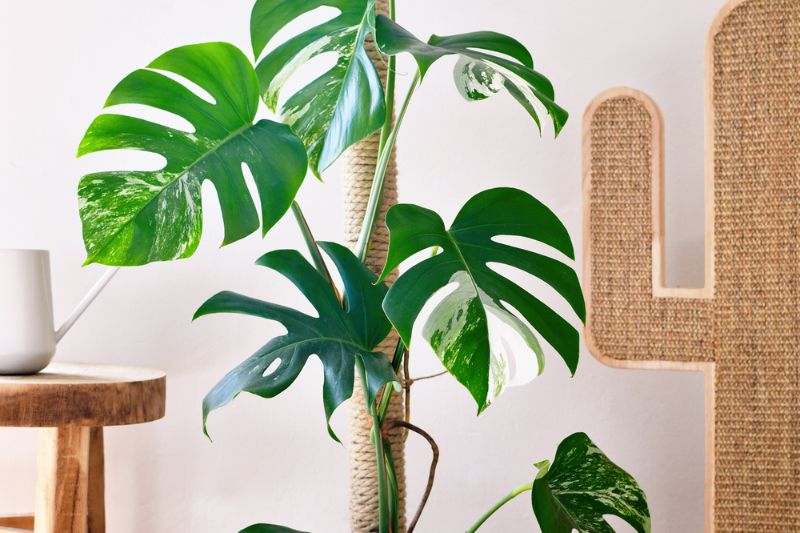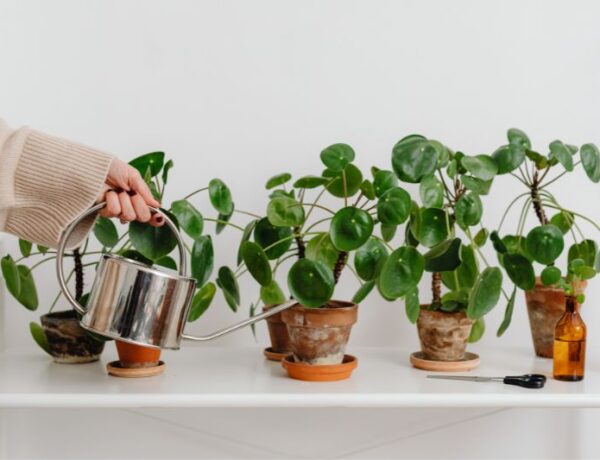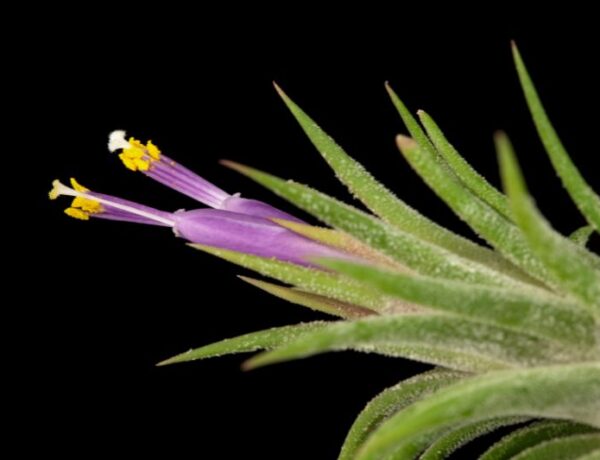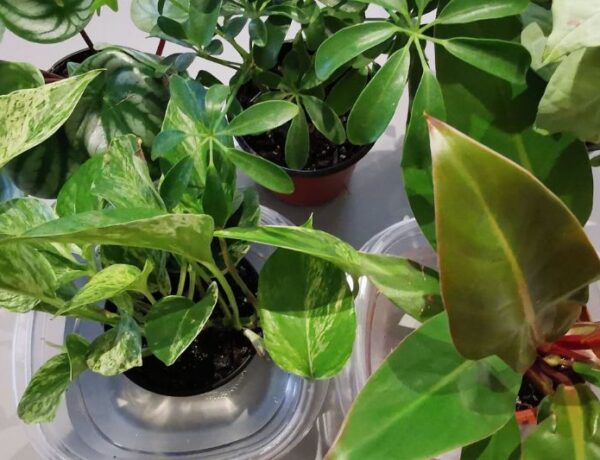f you’re reading this, you likely have a Monstera deliciosa (or are thinking about getting one) and are wondering: does your Monstera need a moss pole? Well, the short answer is: it depends. But don’t worry, we’ll dig deeper into this topic so you can make the best decision for your leafy friend.
Table of Contents
The Role of Moss Poles
Moss poles are essentially support structures for plants that like to climb – like our friend, the Monstera.
In their natural habitat, Monsteras are accustomed to climbing trees, bringing their leaves closer to sunlight.
A moss pole in your home emulates this natural behavior, giving your Monstera a leg-up (or should we say, a leaf-up)!
Do Monsteras Need a Moss Pole?
The heart of the matter is: Monsteras can survive without a moss pole. They can still grow into healthy, attractive plants.
However, Monsteras paired with a moss pole tend to develop larger leaves with more fenestrations (those unique holes in the leaves), and maintain a tidier, upright appearance.
Left without a support structure, Monsteras can start to look unruly and floppy, often cascading over the sides of their pots.
The Benefits of Using a Moss Pole for Your Monstera
When we weigh up the pros, it seems a moss pole offers quite a few benefits for your Monstera:
- Supports Natural Growth: It allows your plant to grow vertically, leading to larger leaves and a more robust stem.
- Stability: Moss poles provide support and stability, preventing your plant from bending or breaking.
- Promotes Maturity: A moss pole encourages the plant to mature more quickly, producing those iconic fenestrations and slits in the leaves.
- Improves Aesthetics: A moss pole keeps your Monstera neat and upright, which can be a significant advantage if you’re dealing with limited indoor space.
- Humidity and Moisture: Moss poles mimic the natural humidity and rainfall of Monsteras’ jungle habitat, attracting the plant’s aerial roots.
- Healthier Growth: Moss poles can promote healthier growth by improving air circulation around your plant, reducing the risk of fungal diseases.
Choosing a Moss Pole for Your Monstera

When picking a moss pole for your Monstera, consider the size and growth pattern of your plant. The pole should be sturdy enough to support the weight of your plant and tall enough to accommodate its potential growth.
And if you don’t really want to use a moss pole, there are a few alternatives:
- Trellises: These can provide good support for climbing plants like Monstera. They can be made from various materials like wood or metal, and come in various shapes and sizes.
- Coir Poles: Similar to moss poles but made from coconut fiber. They are sturdy and excellent for climbing plants.
- Bamboo Stakes: These are inexpensive and easy to install but don’t retain moisture like moss poles.
Installing a Moss Pole
Installing a moss pole generally involves inserting the pole into the plant’s pot, being careful not to damage the roots. Once the pole is secure, you can attach the Monstera’s stems to the pole using loose ties, ensuring the plant has support to grow upwards.
Conclusion
While a Monstera can technically survive without a moss pole, providing one can offer numerous benefits, from supporting its natural climbing habits to promoting larger, more fenestrated leaves, and improving its overall health and aesthetic appeal.
So, while it’s not a strict necessity, a moss pole might just be the extra touch your Monstera needs to truly thrive! Make sure to also provide your Monstera with a proper growing environment, including lighting, watering, temperature and humidity, as well as frequently dust off its leaves.





No Comments